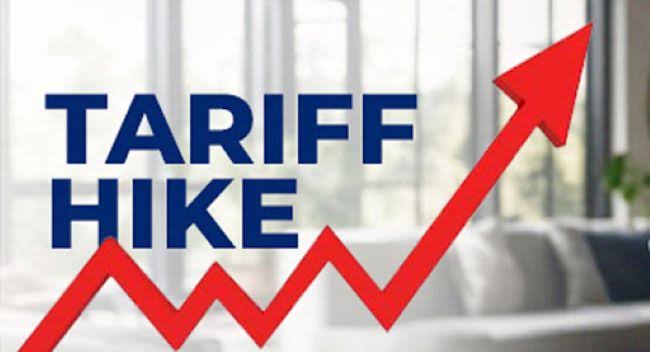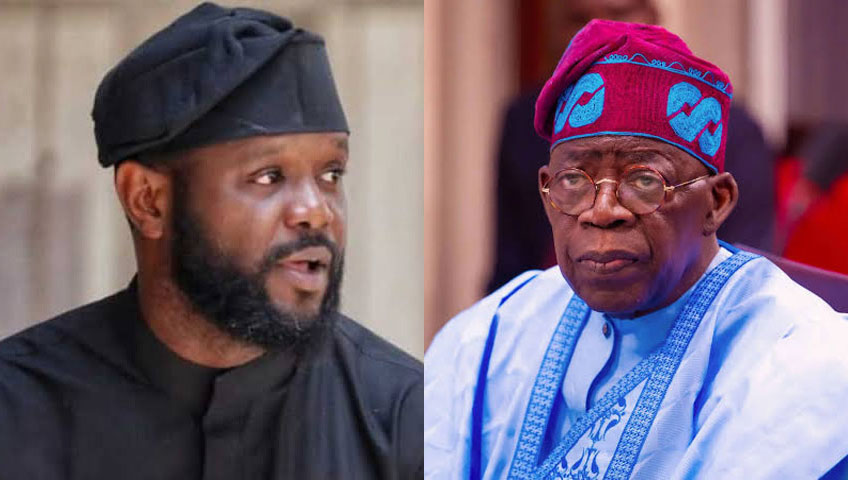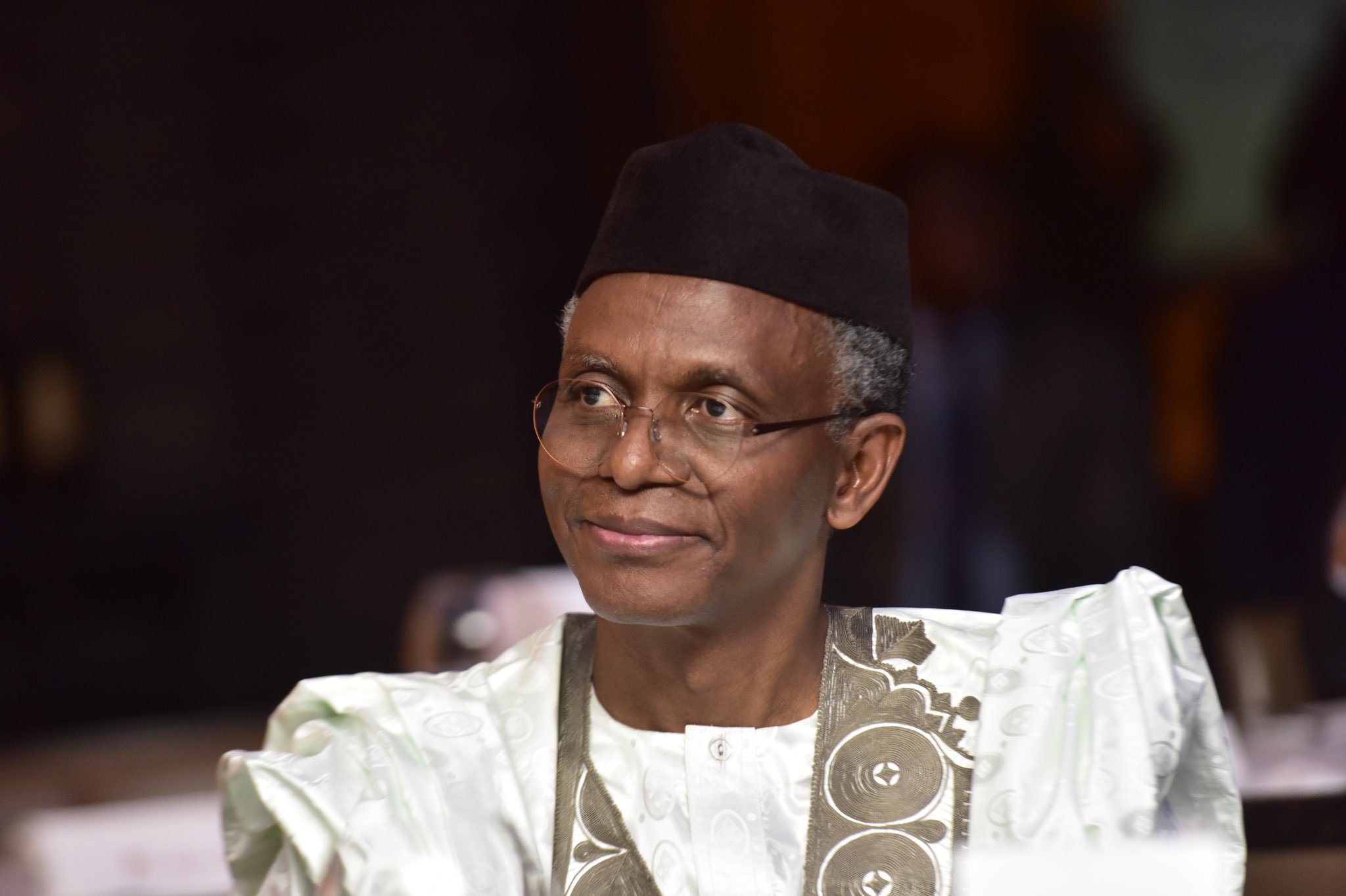
By John Innocent
Bishop Airlines: Navigating Governance Turbulence.
As Nigerians navigate the turbulent waters of economic uncertainty, the recent hike in tariffs by telecommunications network providers has left many wondering if the government is exacerbating the problem rather than providing relief. Coming on the heels of increased electricity tariffs and impending charges by the Central Bank of Nigeria (CBN), the timing of these hikes has raised questions about the government’s economic strategy.
From an economist’s perspective, the decision to increase tariffs in the midst of an economic downturn is puzzling. With Nigeria’s inflation rate hovering around 21.5% (National Bureau of Statistics, 2022), one would expect policymakers to prioritize measures that alleviate the burden on citizens, rather than adding to it.
The argument that tariff hikes are necessary to keep pace with inflation is flawed. Inflation is a macroeconomic phenomenon characterized by a sustained increase in the general price level of goods and services in an economy over time (Mankiw, 2018). Increasing tariffs would only exacerbate the problem, as it would lead to higher production costs, reduced demand, and ultimately, higher prices.
Furthermore, the timing of these hikes is ill-advised. With the naira’s value depreciating rapidly (CBN, 2022), Nigerians are already struggling to make ends meet. Adding to their burden would only serve to deepen the economic hardship, rather than providing a solution.
In conclusion, the recent tariff hikes by telecommunications network providers, coupled with the impending charges by the CBN, are ill-timed and misguided. Rather than alleviating the economic hardship faced by Nigerians, these measures would only serve to exacerbate the problem. Policymakers must reconsider their approach and prioritize measures that promote economic growth, reduce inflation, and alleviate the burden on citizens.









